In a recent study, scientists at Georgia State University's Institute of Biomedical Sciences discovered a potential treatment for ulcerative colitis: oral lipid nanoparticles, nucleic acids that target the colon.
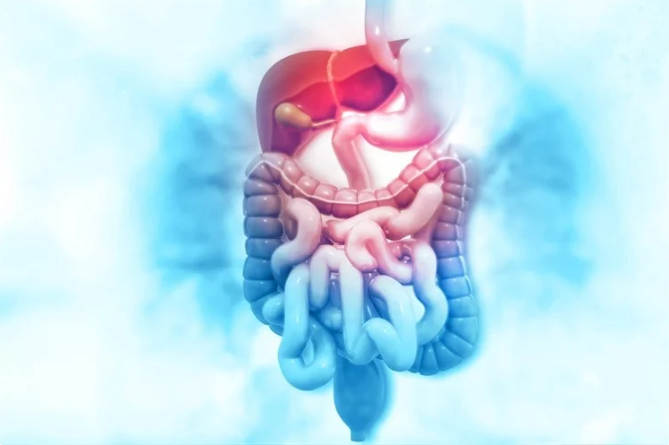
Image credit: Georgia State University.
More than 3 million people in the United States have inflammatory bowel disease (IBD), an umbrella term for Crohn's disease and ulcerative colitis. IBD is a chronic, recurrent inflammatory disease of the gastrointestinal tract. Because the origin of the disease is unknown, it is difficult to create an appropriate diagnosis and treatment for IBD.
Mice with acute ulcerative colitis healed faster after oral administration of the new lipid nanoparticles and IL-22 mRNA that targeted their colons, according to their study, published in the journal Biomaterials. The results show how a new lipid nanoparticle-based delivery system could provide an effective gene therapy approach for the treatment of ulcerative colitis.
Most modern drugs enter the bloodstream directly and have serious short- or long-term side effects, such as altering gut bacterial or fungal function and promoting cancer growth.
During intestinal inflammation, the protein IL-22 maintains surface cell stability, accelerates wound healing, acts as a barrier to pro-inflammatory mediators, and is highly associated with IBD susceptibility genes.
Injection of lipid and IL-22-complementary DNA complexes is a potentially effective technique for the treatment of colitis in animals; however, according to previous studies, this requires surgery and specialized injection skills. The development of oral nucleic acid delivery methods for the treatment of IBD appears to be more beneficial for enhancing human health, as oral delivery provides a more accessible therapeutic strategy.
In this study, the scientists created novel lipid nanoparticles using phosphatidic acid (PA), monogalactosyldiacylglycerol (MGDG) and digalactosyldiacylglycerol (DGDG), the three main lipids present in Ginger-derived nanoparticles used in earlier studies. Novel lipid nanoparticles include IL-22-mRNA.
Dr. Didier Merlin is also a Senior Research Career Scientist at the Atlanta Veterans Affairs Medical Center.
Mice also exhibited lower levels of fecal lipocalin concentrations, colonic myeloperoxidase activity, histological index, and proinflammatory cytokine mRNA expression.
The study was financially supported by the National Institute of Diabetes and Digestive and Kidney Diseases (NIDDK) of the National Institutes of Health (NIH) and the Department of Veterans Affairs.
Journal references:
Song, J., et al. (2022) Oral targeting of damaged intestinal mucosa with IL-22 mRNA-loaded lipid nanoparticles: a novel therapeutic option for ulcerative colitis. biomaterials. doi.org/10.1016/j.biomaterials.2022.121707 .
Source: https://www.gsu.edu/

 English
English عربى
عربى Español
Español русский
русский 中文简体
中文简体

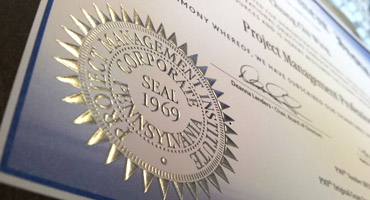




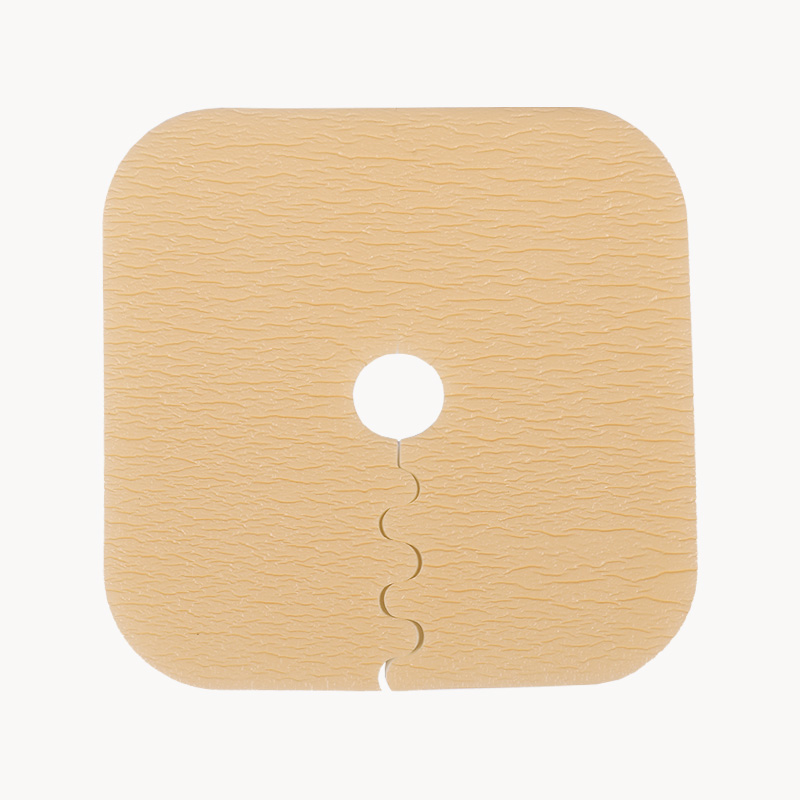
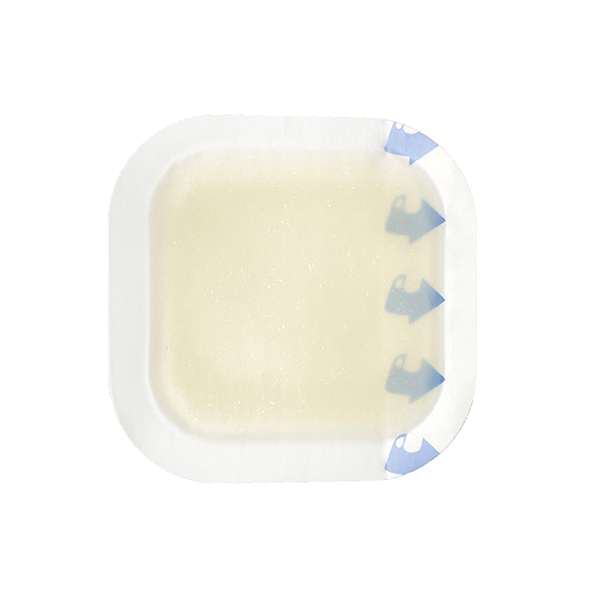
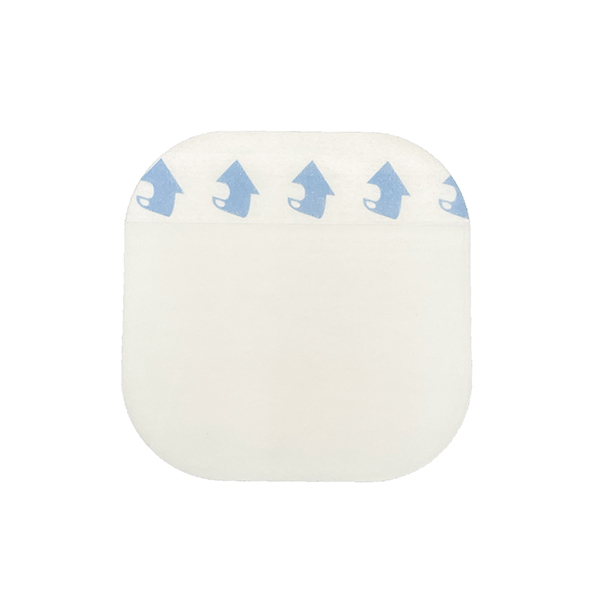
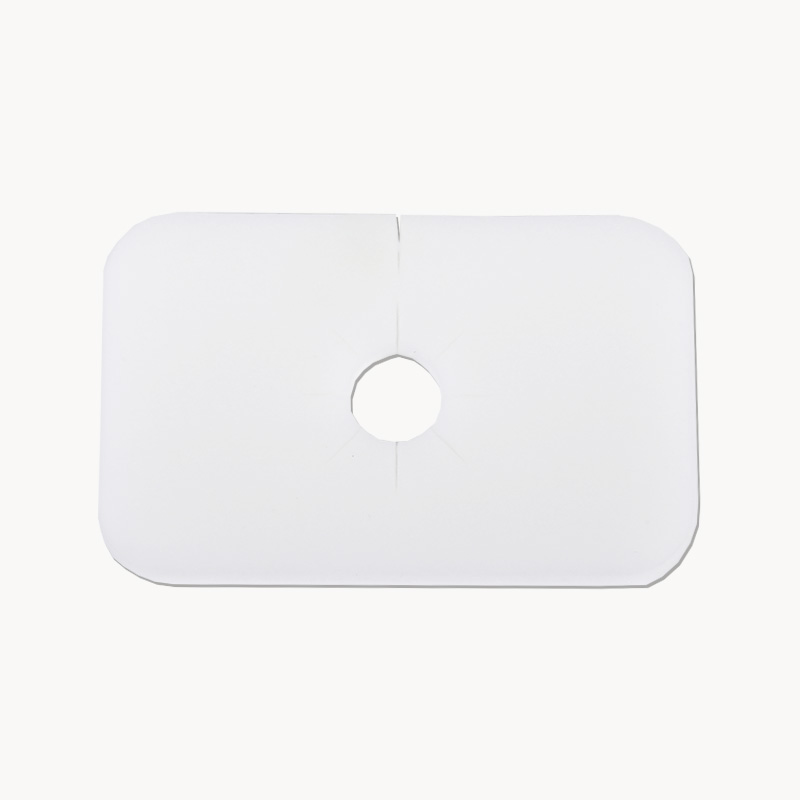
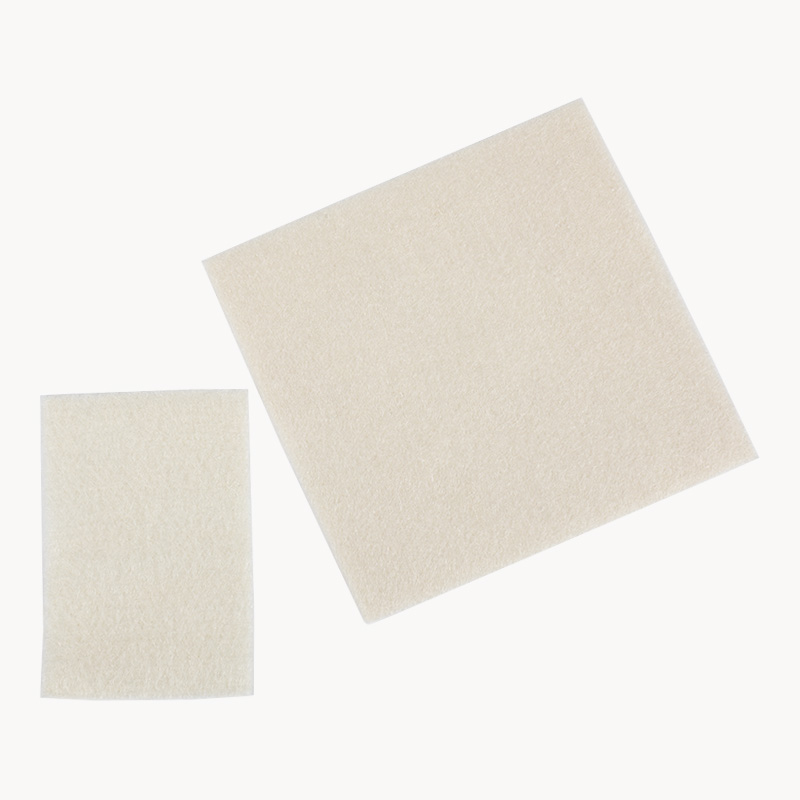
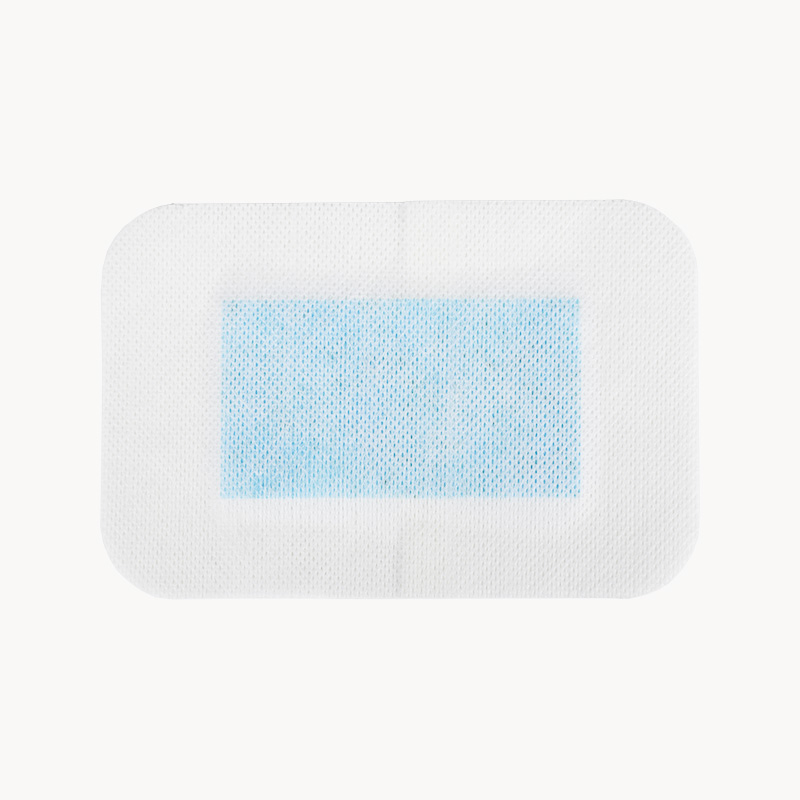
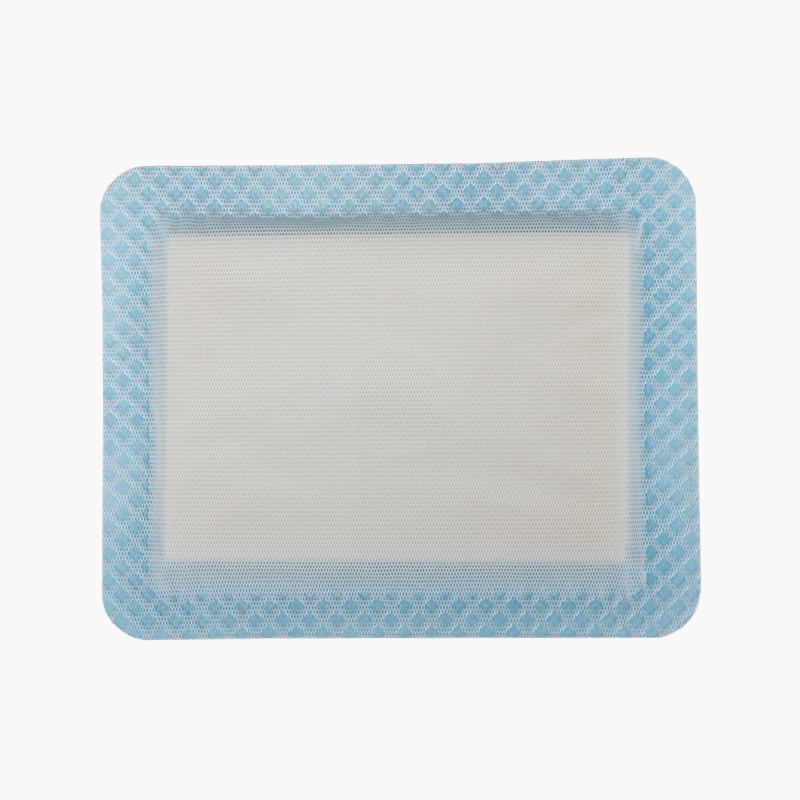
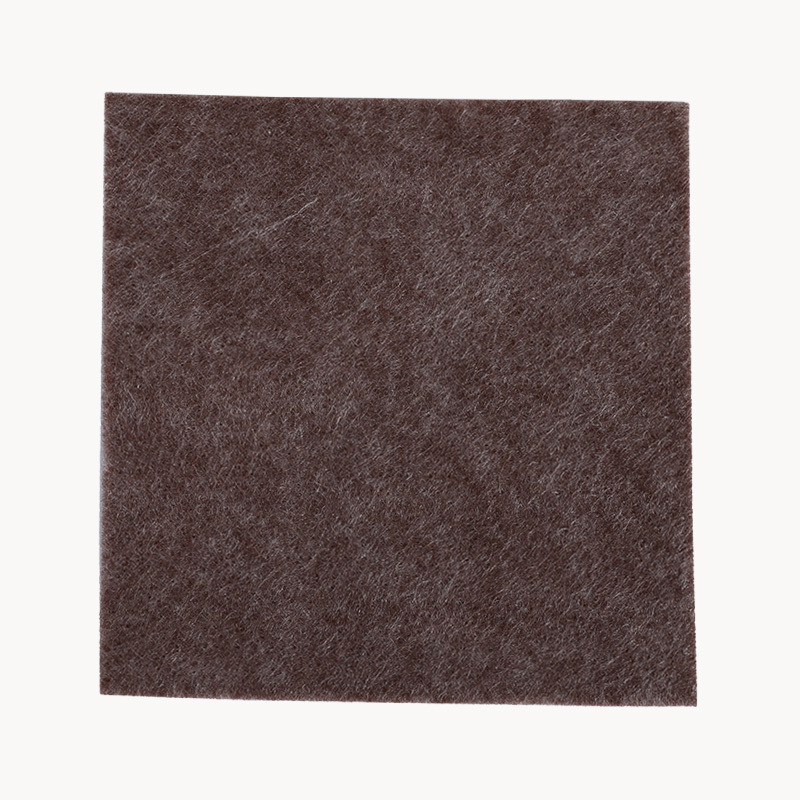
.jpg.png)
.jpg.png)


